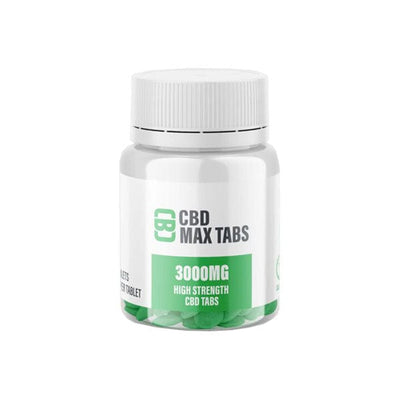CBD Mythbusters: Dispelling Common Misconceptions About Cannabidiol
CBD Mythbusters: Dispelling Common Misconceptions About Cannabidiol
Introduction: In the rapidly evolving landscape of wellness and natural health remedies, CBD (cannabidiol) has emerged as a star player. However, along with its rise in popularity, numerous myths and misconceptions have circulated about CBD. In this blog post, we embark on a myth-busting journey, dispelling common misconceptions and providing evidence-based information to empower readers with the knowledge needed to make informed decisions about CBD usage.
Myth #1: CBD Gets You High
One of the most prevalent misconceptions about CBD is that it produces a euphoric high, similar to its psychoactive counterpart, THC. Let's set the record straight:
Fact: CBD is non-psychoactive. It does not produce a "high" sensation associated with THC. CBD interacts with the endocannabinoid system in a way that does not cause intoxication, making it a safe option for those seeking therapeutic benefits without the euphoric effects.
Myth #2: All CBD Products Are the Same
The CBD market is vast, offering a plethora of products, and a common misconception is that they are all equal in quality and effectiveness.
Fact: CBD products vary significantly in terms of quality, extraction methods, and additional ingredients. Reputable brands invest in quality sourcing, use third-party testing, and provide transparency about their products. Consumers should research brands, check for lab reports, and choose products that align with their specific needs.
Myth #3: CBD Is a Cure-All
While CBD has shown promise in various areas, claiming it as a cure-all for every ailment oversimplifies its potential.
Fact: CBD is not a one-size-fits-all solution. It may offer relief for certain conditions, such as anxiety, pain, and sleep issues, but its efficacy can vary between individuals. It's essential to manage expectations and consider CBD as part of a holistic approach to health and wellness.
Myth #4: More CBD Means Better Results
There's a misconception that higher CBD doses always yield better results and that more is inherently better.
Fact: The ideal CBD dosage varies among individuals. Starting with a lower dose allows individuals to gauge their response and gradually adjust as needed. Higher doses may not necessarily lead to enhanced effects and may even result in diminishing returns.
Myth #5: CBD Is Only for Ailments
Some believe that CBD is only beneficial for addressing specific health issues and has no value for general well-being.
Fact: CBD interacts with the endocannabinoid system, which plays a role in maintaining balance throughout the body. While CBD may provide relief for specific conditions, incorporating it into a daily routine can contribute to overall well-being, promoting a sense of balance and homeostasis.
Myth #6: CBD Is Addictive
There's a misconception that regular use of CBD can lead to dependency or addiction.
Fact: CBD is not considered addictive. Unlike THC, which can have addictive properties, CBD does not produce the same effects on the brain's reward system. Studies indicate that CBD has a low potential for abuse and dependency.
Conclusion
Dispelling myths about CBD is crucial for fostering a clear understanding of its potential benefits and limitations. As consumers navigate the world of CBD, it's essential to rely on evidence-based information, choose reputable brands, and approach CBD usage with realistic expectations. By separating fact from fiction, individuals can make informed decisions, unlocking the true potential of CBD as a natural and beneficial supplement in the realm of health and wellness.






Leave a comment